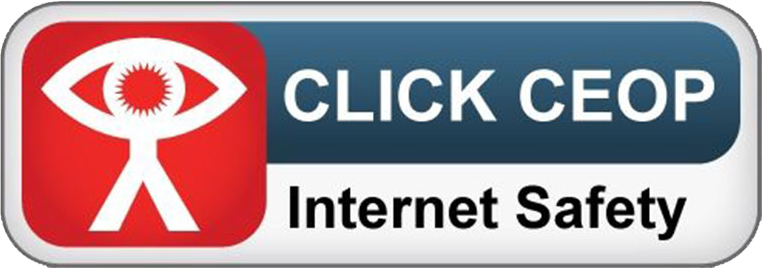Occupational Therapists are particularly interested in everyday activities in everyday activities that most of us take for granted most of the time:
People generally come into contact with an OT when their ability to engage in everyday activities is disrupted through ill health or disability.
Occupational Therapists understand that ‘doing’ is transormative; it is through everyday activities we all grow and change throughout our lives, develop meaning and purpose, a sense of identity and belonging in our communities.
As a profession, we pride ourselves in being person-centred and understand that everyone has an inner drive to engage in activities that are uniquely meaniful to them. We think about the whole person and how they interact with their environment to engage with the world.
Practicing Occupational Therapists are allied health professionals and are registered with the Health and Social Care Professionals Council (HCPC)
Children’s Occupational Therapists use a developmental approach to work with children who have difficulties that hinder their ability to grow and learn and socialise and play. They work in schools, hospitals, in the community, and with families in their homes, towards goals that are important to the family; both the child and the parents. This might be: eating, sleeping, playing, learning, relating to others, or more complex activities for academic success.
A child at Three Ways School may see different Children’s Occupational Therapists for various reasons:
